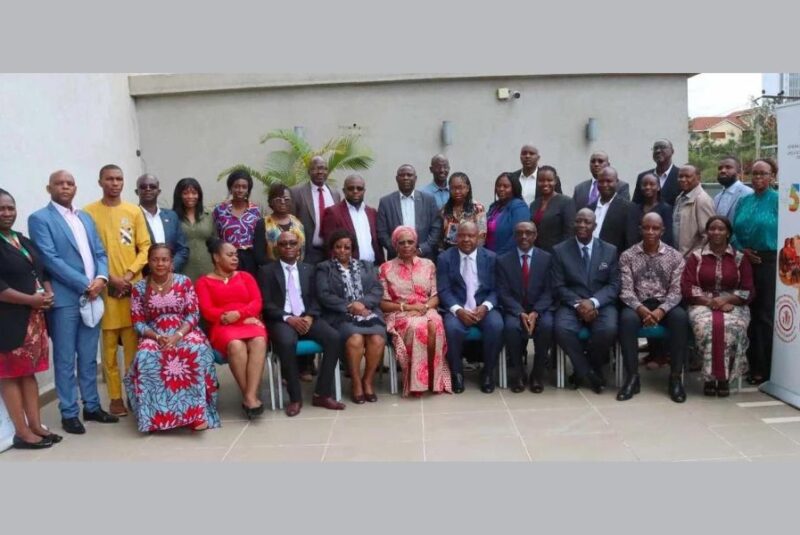The TCIB payment scheme has been developed in cooperation with interested financial institutions by the SADC Banking Association and is supported by the SADC Payment System Oversight Committee of the Committee of Central Bank Governors of Southern Africa. It aims to advance the regional integration of payments on the African continent.
COVID-19 has caused economic devastation across the SADC region, with millions severely affected by the hardship caused by the pandemic across southern Africa. In line with our Social Contract commitments, Vodacom is excited about the potential of the TCIB payment scheme to enable secure, cost-effective and convenient access to remittances across the SADC community. Through promoting low cost remittances, we can help to alleviate some of the pandemic-related financial pressure amongst those who need it the most.
Nkateko Nyoka, Vodacom Group Chief Officer for Legal and Regulatory
Earlier this year, the World Bank projected that global remittances – payments made for either personal or business purposes – would decline by around 20%. This is largely due to a fall in the income of migrant workers as a result of the COVID-19 pandemic.
We welcome Vodacom to the TCIB payment scheme. With a large African footprint comprising over 40 million M-Pesa clients, Vodacom is well positioned to work with the SADC Banking Association to engage with Central Banks across the region and harmonise regulatory requirements for non-bank financial institutions.
Maxine Hlaba, Head of the SADC Banking Association – Executive Secretariat
The collaboration could also go a long way in contributing towards the United Nation’s Sustainable Development Goal 10.C, which aims to reduce global average transaction costs to 3 %, and to eliminate all corridors with transaction costs above 5 %.











